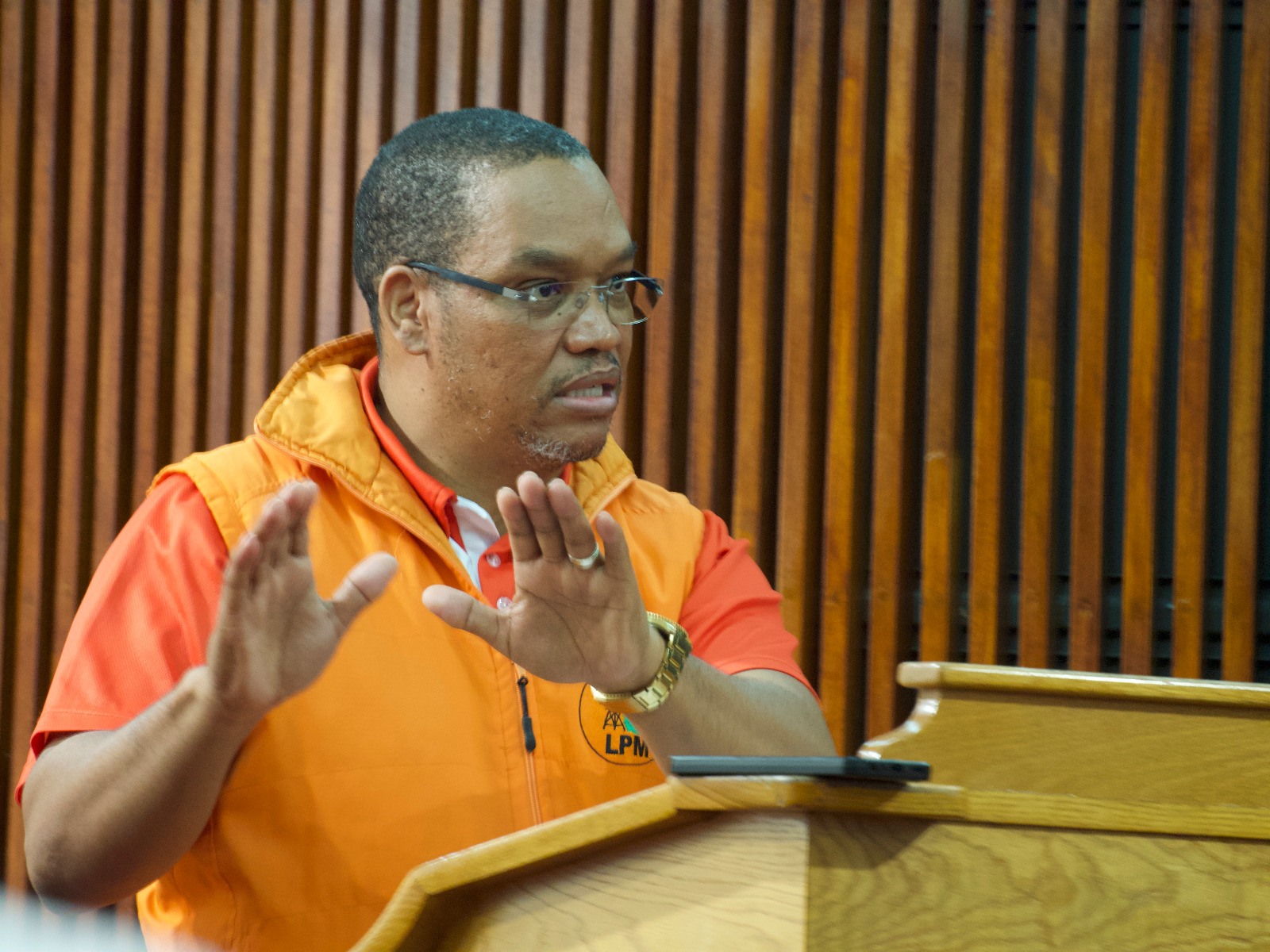GENEVA – Foreign investment must help – not hurt – Myanmar’s goal of moving toward full democracy, opposition leader Aung San Suu Kyi said yesterday as she welcomed efforts to reach out to her country as it emerges from decades of isolation under military rule.
The Nobel peace laureate said the exploitation of Myanmar’s oil and gas riches was a particularly sensitive area and recent deals between the government and China are shrouded in secrecy. Western companies, too, have been eager to invest in the Southeast Asian nation as the sanctions it faced under military rule are gradually lifted.’Any new investment that comes in because of the lifting or suspension of sanctions should add to the democratic process rather than subtract from it,’ Suu Kyi told reporters in Geneva, a day after landing in the Swiss city on her first visit to Europe in 24 years.’I would like to see a sound, effective energy policy in Burma and this should be related to the kind of extractive investments that we invite in,’ she said, referring to her country by its name before the military dictatorship changed it to Myanmar in 1989.Suu Kyi’s two-week visit to Europe began in Geneva with a speech yesterday to the annual meeting of the International Labor Organisation, whose campaign against slavery and child labor in Myanmar drew constant attention to the junta’s exploitation of its people.The ILO decided on Wednesday to reward Myanmar for reforms undertaken so far, lifting restrictions on its participation in the organisation’s work that had been in place since 1999.From Switzerland, Suu Kyi flies to Oslo, where on Saturday she will make a belated acceptance speech and accept the Nobel Peace Prize that was awarded to her 21 years earlier while she was detained by the military after leading a pro-democracy party to victory in Myanmar’s 1990 election.Asked by The Associated Press whether she could forgive the junta for ignoring the outcome of those elections and keeping her under house arrest for 15 of the next 22 years, the woman who is seen as an icon of the democracy movement took the high road.’In some ways I don’t think they really did anything to me,’ she said. ‘I do not think I have anything to forgive them for.’Meanwhile Bangladesh yesterday refused to open its border to Rohingya Muslims fleeing religious violence in neighbouring Myanmar despite pressure from the United States and rights groups.The impoverished South Asian country, already home to a Rohingya refugee population estimated at 300 000, turned away more migrants on Thursday and has sealed its 200-kilometre border with Myanmar.At least 17 boats carrying nearly 700 Rohingya have been turned back on the Naf river that separates the countries since Monday.’Our position on the Myanmar refugee issue remains the same,’ Bangladesh foreign ministry spokesman Masud Mahmood told AFP.The United States on Wednesday urged Bangladesh to allow in the Rohingya, described by the United Nations as one of the world’s most persecuted minorities.’We are concerned that Bangladeshi authorities appear to have intercepted and turned back persons fleeing the ethnic and religious violence in Burma,’ State Department spokeswoman Victoria Nuland said, using Myanmar’s former name.Nuland said the US had urged Bangladesh ‘to respect its international obligations under the relevant refugee conventions and to continue its longstanding policy of non-refoulement of refugees.’Non-refoulement refers to a principle of international law that forbids turning over a victim of persecution to his or her persecutor.The UN Refugee Agency and New York-based Human Rights Watch have also called on Dhaka to open its border.Bangladesh Foreign Minister Dipu Moni has said the country will not allow any ‘trans-boundary spill-over’ from Myanmar.’It is not in our interest that new refugees come from Myanmar,’ Moni said on Tuesday. ‘The entry of refugees from Myanmar has impacted on Bangladesh’s social, environmental and law-and-order situation.’The violence in Rakhine state, where the majority of Myanmar’s 800 000 Rohingya live, left at least 38 people dead this month.- Nampa-AF-AFP
Stay informed with The Namibian – your source for credible journalism. Get in-depth reporting and opinions for
only N$85 a month. Invest in journalism, invest in democracy –
Subscribe Now!










